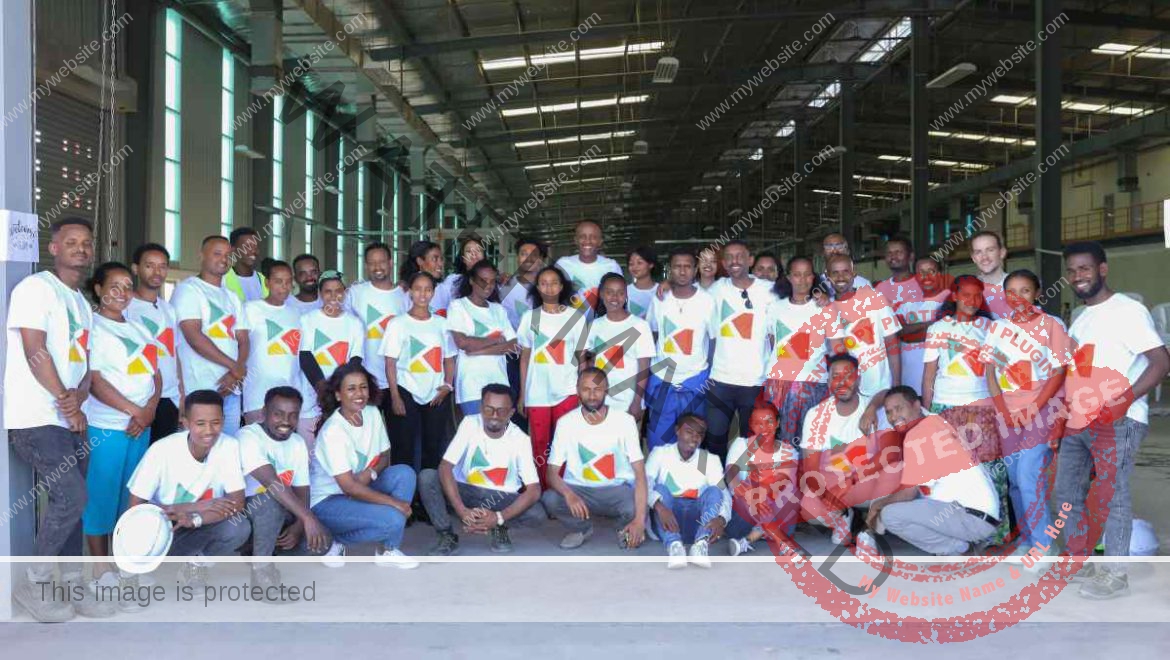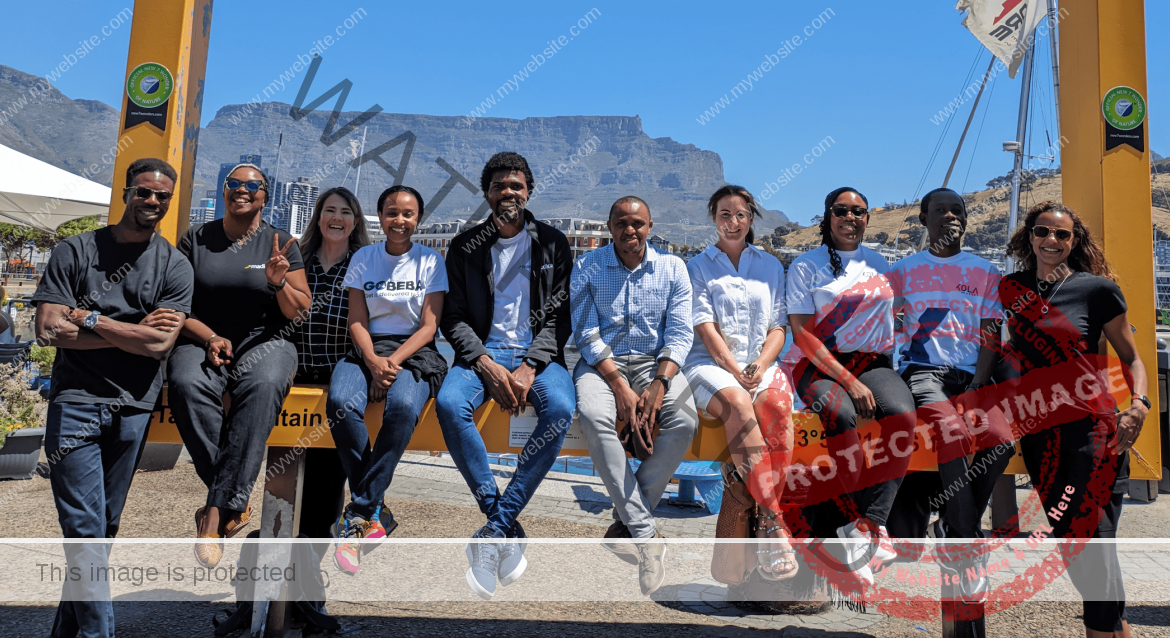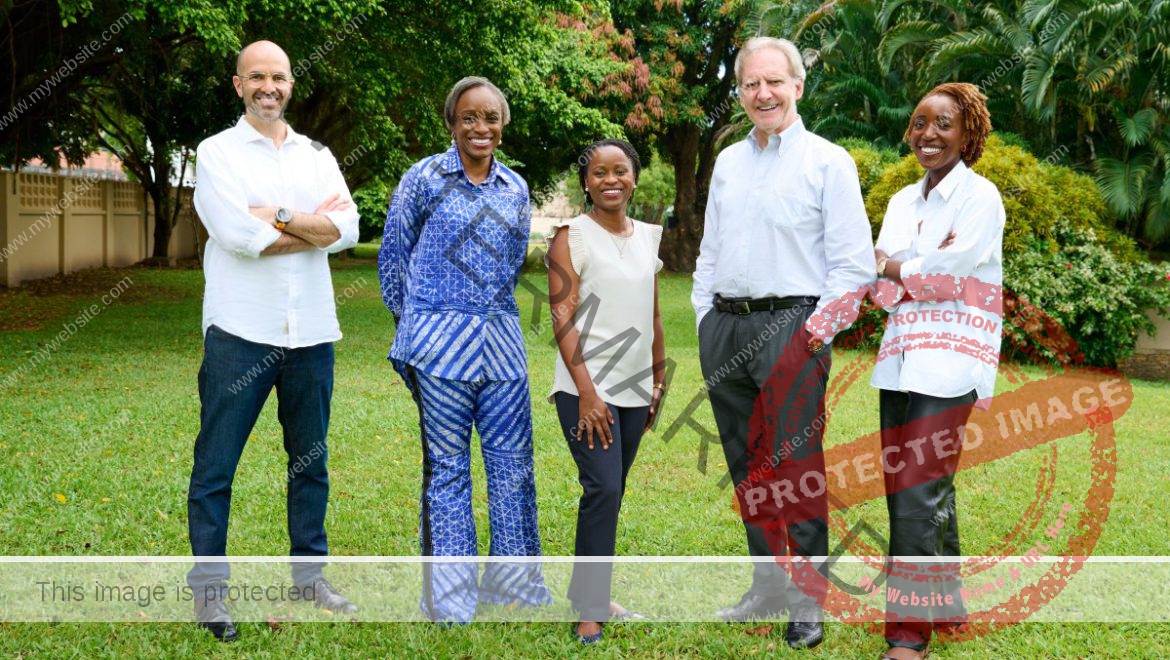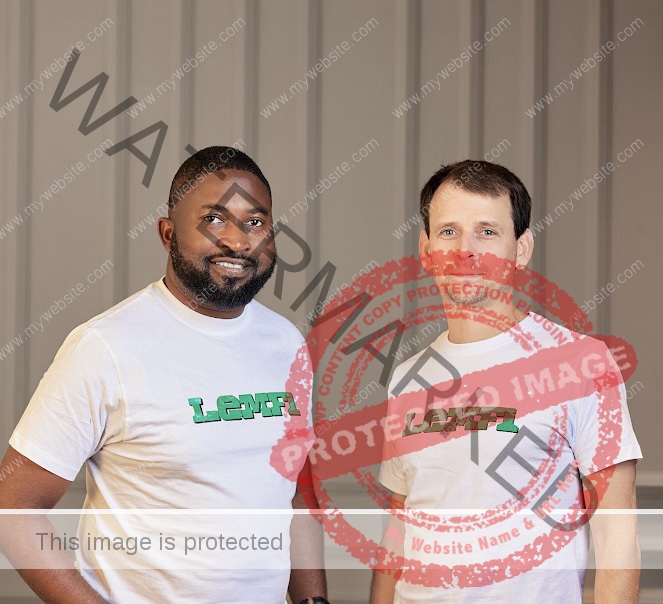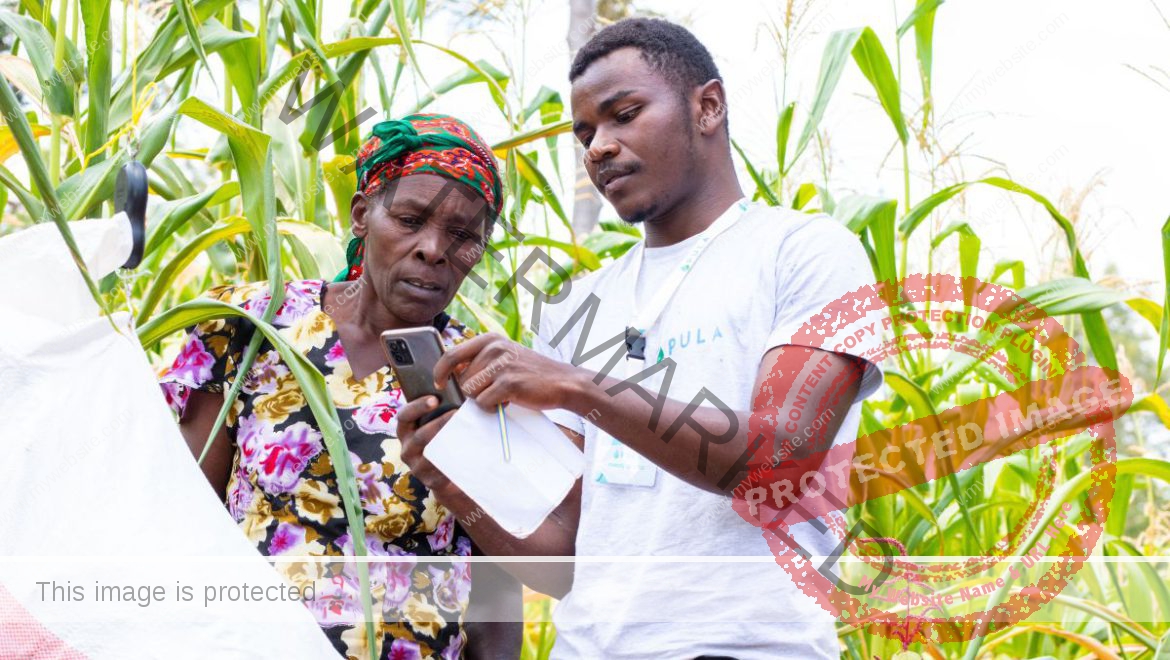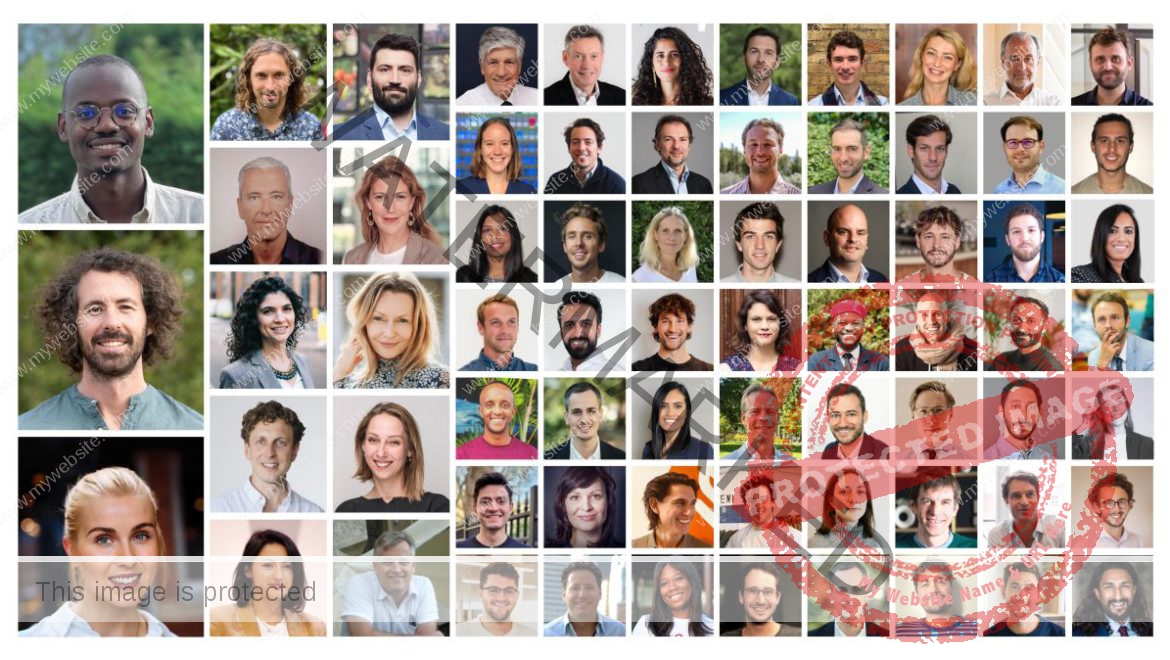The African tech ecosystem, buffeted by huge potential but also lots of economic, political and social instabilities, is no stranger to major drama befalling even its most promising-looking startups. But recently, LemFi, the Nigeria-based fintech that provides money transfer services to African migrants, is shaping up as an example of a bounce-back—and growth story. After being shut down by regulators in Ghana in November over what was described as “illegal” activities, LemFi is back in business in the country, and it’s now gearing up for a big expansion into Asia.
These events spotlight the company’s growing influence in Africa’s remittance market, fuelled by a $33 million Series A funding round and the launch of services in the U.S. corridor, both announced last August.
Backed by the likes of Left Lane Capital and Y Combinator (where it was part of the Summer ’21 cohort as Lemonade Finance), LemFi initially targeted Nigerian migrants in Canada, offering multi-currency accounts that enabled them to send money back to their home country.
LemFi later expanded to serve other African diaspora communities in the country before entering the U.K. market in 2021 by acquiring RightCard for $2.5 million. By the end of 2023, immigrants in these three countries could send money to 10 African destinations, including Nigeria, Kenya, Ghana, Senegal, Ivory Coast, Benin Republic, Cameroon, Tanzania, Rwanda, and Uganda.
From serving immigrants from Africa to Asia
In a further expansion move last month, the money transfer service broadened its options and customer base to include migrants from Asian countries residing in the U.S., U.K., and Canada.
“Since starting the company three years ago, we’ve realized that remittances across so many regions are more similar than people think,” LemFi co-founder and CEO Ridwan Olalere told TechCrunch in an interview. “The problems that Africans face in terms of difficulty in sending money and compliance issues are very similar to what people from different emerging markets also face.”
Although developing economies are doing what their name says — developing — money transfers continue to be an important cornerstone of how residents in these countries survive financially. Remittance inflows globally surpassed $669 billion in 2023, according to research from the World Bank, and many low- and middle-income countries heavily rely on these funds to address fiscal shortfalls. For some countries, these inflows continue to represent significant portions of their gross domestic product (GDP).
Despite concerns about migrants’ incomes declining due to global economic challenges, remittances to their home countries, particularly across Africa and Asia, are expected to continue growing. According to the World Bank, remittances to these regions increased by 3.8% last year.
All this has long been a prime opportunity for newer fintech players. Navigating unfamiliar banking systems in their new countries, dealing with the complexities, costs and unreliability of sending money home using traditional options like incumbent banks, Moneygram, and informal operators, are common challenges for immigrants. That has created an opportunity for more modern remittance startups, which have gained traction by offering better fees and more convenient sending options, leaning into mobile phone technology and other innovations.
LemFi said that since its inception, it has acquired over a million customers. But its more recent expansion into the U.S., the largest source of remittances globally, positions it to attract significantly more customers and revenue. And its expansion to serving Asian communities is likely to be the other main driver: While Nigeria, one of LemFi’s main “receive” markets, is among the top 10 recipient countries globally, India and China receive two to five times more in remittances. (India received $125 billion in remittances in 2023, whereas Nigeria received only $20 billion.)
Hires to drive product localization
Such data clearly influenced LemFi’s Asian expansion strategy, which will initially focus on India, China and Pakistan transfers from the U.S. That will also open the door to other challenges, say the founders.
“The most challenging aspect for a remittance company isn’t just adding new corridors, but managing compliance and fraud. Once addressed, particularly on the send side, expansion across multiple regions on the receive side becomes feasible,” explained Olalere, who co-founded the company with Rian Cochran. Both founders were former colleagues at Chinese-backed African fintech unicorn OPay.
Olalere notes that while it is crucial to address compliance issues on the “send” side (the U.S., the U.K. and Canada), it’s equally important not to overlook compliance challenges on the “receive” side. These issues revolve around the regulatory requirements of different countries regarding inbound remittances, often necessitating specific licenses and local partnerships.
To expand its money transfer services into India, LemFi has enlisted the expertise of Philip Daniel, a former director at TerraPay, one of the well-known remittance infrastructure companies globally. Additionally, Daiyaan Alam, formerly leading partnerships at Delivery Hero subsidiary Foodpanda in Pakistan, is spearheading LemFi’s expansion efforts into Pakistan and South Asia. They join Allen Qu, former COO at Chinese-backed African fintech OPay, who leads the fintech’s growth among the Chinese diaspora.
LemFi will rely on its regional hires and local expertise to attract users as it enters the Asian diaspora market, competing against established players like Zepz, Wise, Remitly, and Sendwave. The executives, in conversation with TechCrunch, asserted that LemFi stands a strong chance of capturing a significant market share despite that. Not only do they believe that LemFi has a better understanding of local customers and their preferences, but the larger addressable market remains largely untouched by any of them: many immigrants still turn to incumbent banks and private agents to send money.
Still a long road ahead
In addition to setting dedicated teams in each Asian market, LemFi, with over 250 employees across 10+ countries, has localized its apps and website in different languages, including Chinese, Hindi, and Urdu. Similarly, LemFi has opened new corridors in some parts of Europe so its migrant users in the U.S., the U.K., and Canada can send money to family and friends who are in France, Belgium, Spain, the Netherlands, Italy, and Belgium. “We’re set to make a second acquisition soon in the region, and that’ll allow us to expand even further and give us operational efficiency,” Olalere remarked.
LemFi users can now make money transfers across 20+ countries, although its reach still falls short of some competitors whose users have access to over 80 countries. Nonetheless, LemFi has made significant strides in providing its services to sub-Saharan Africans in the diaspora. Last year, LemFi, which earns money from transaction fees and foreign exchange spreads, recorded over $2 billion in annual transaction volume. Olalere also claims that the startup is profitable and that 60% of its users are active monthly.
“The markets we serve will continue to need millions of immigrants yearly, so we want to be one of the first products introduced to the African, Indian, Chinese, or Pakistani communities,” remarked Daniel, the company’s global expansion lead. “There are still ample opportunities for us to grow.”

